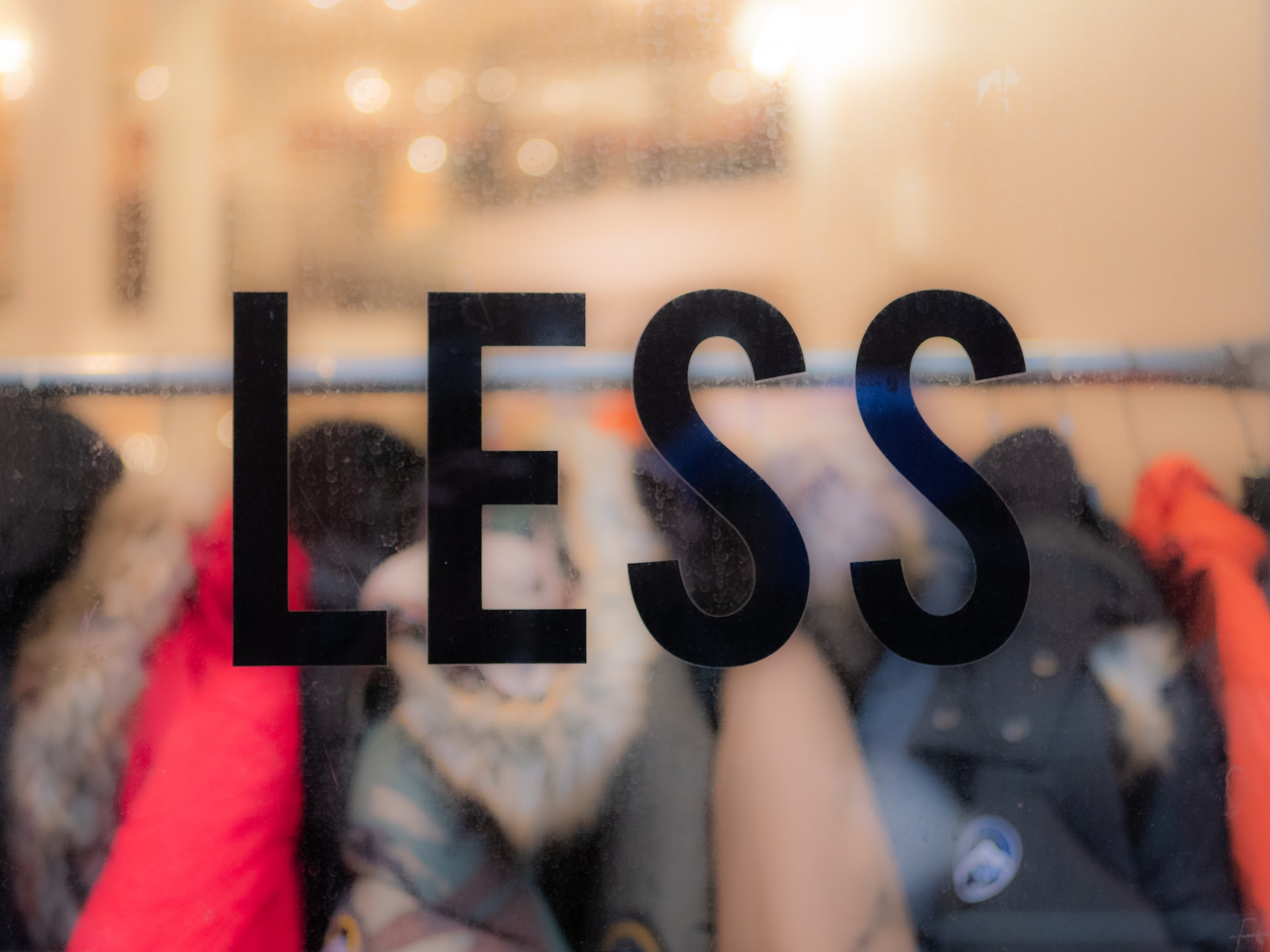As lockdown begins to ease in the UK, shoppers have flocked back into retail stores as they open up. This has highlighted (if ever it needed it), just how much consumers love buying clothes. Online brands are heavily promoting the next stage of lockdown too, encouraging shoppers to be ready for the 21st June for the planned restriction lifting.
Fast fashion is an incredibly easy sell. Hooking consumers with constantly new styles and collections, at irresistible (often unbelievable) prices, buoyed of course by social media platforms such as Insta and TikTok is easy. What isn’t, though, is selling sustainability. But for fashion to ever become genuinely sustainable, brand efforts into pushing sustainable options need to be as marketed as easily as current, non-sustainable fashion trends. Consumer buying change is imperative to address fast fashion impact – and marketing sustainability in a positive, aspirational way will be essential.
Encouraging consumers to buy less, but better is a difficult challenge for fashion brands. As well as transforming the business model of fast fashion completely, it relies on a completely different approach where quality and sustainability are favoured over fast and cheap.
So how can fashion brands market sustainability to consumers?
Build an emotional connection.
Emotions are important. Positive memories, or emotions associated with certain items make it much harder for them to be thrown away. Brands wanting to increase sustainability need to focus on the emotions that can be linked with clothing. We all know that the primary driver of fast fashion is cost. But what it can’t compete on is the lasting power of connection. It’s unlikely that a £2 t shirt, or a £5 dress will elicit strong feelings of attachment over the years; it’s designed to be worn, then dumped (at best in a charity shop donation bag). But when a sustainably produced dress lasts (because it’s been designed to) and has been worn for many happy moments, it becomes a lot more valuable to the owner. And this potential to sell a garment linked with happy, special memories garment is powerful marketing (just look at Netflix documentary Worn Stories). Brands need to harness this to encourage their consumers to embrace the long-term use of clothes.
Don’t focus on the sacrifice of sustainability.
Consumers want to feel good, which is one of the many psychological reasons we buy more than we need in the first place. But many times, the sustainability message can lead people to feel guilt about their spending habits. Focusing on this negative side won’t encourage significant change. Instead, people are much more driven to change by focusing on the good parts, or the benefits of sustainability. Highlighting how sustainable options encourages supply chain change and reduces environmental damage, while still being able to buy clothes is important. It’s also crucial that sustainable clothes are actually what people want to buy, in terms of being current, quality and yet, fashionable. Removing the ‘sacrifice’ element is key.
Use powerful storytelling.
Even though issues such as garment worker conditions, particularly during COVID 19 have raised the profile of supply chains within the fashion industry, supply chain transparency is probably not at the top of a consumer’s concerns when buying clothes. But brands can make it relevant, and become an important future factor in consumer choice . The key? Great storytelling. Everyone loves a great story. They’re memorable and help to drive an emotional connection, connecting consumers with the real people involved, helped and influenced with positive sustainable choices. Social media makes this easy, helping consumers become aware of the interconnectedness of choices.
To wrap up
Encouraging consumers to switch to more sustainable fashion choices is essential, but a mammoth task. Customers need to feel connected with sustainability, and storytelling, emotion and the positive aspects of sustainability are vital.
Textile Consult operates globally and in the UK, consulting on a variety of management, training and sustainability issues within the textile industry. Contact us today to find out how we’ll work with you to find effective, sustainable solutions for your company.


